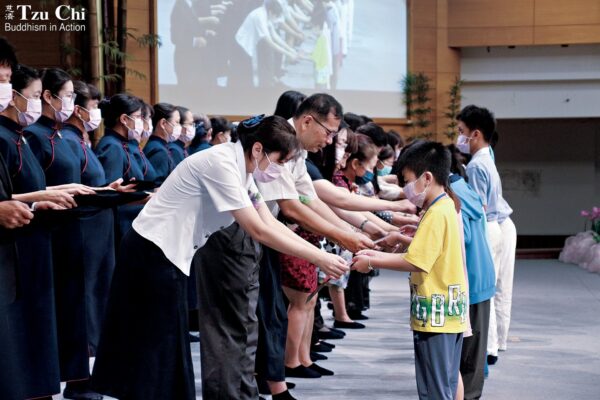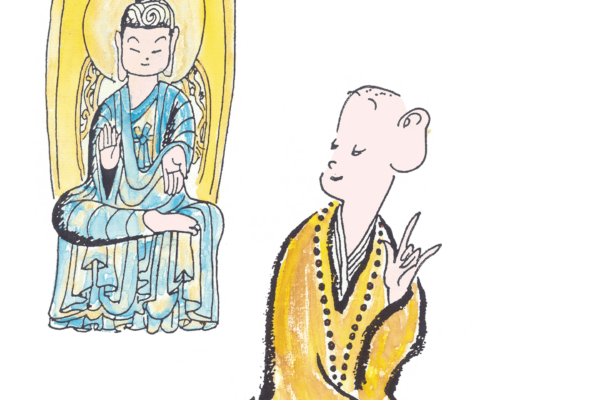By Wu Hsiao-ting
Photo by Hsiao Yiu-hwa
A personal encounter highlights the delicate balance between compassion and vigilance in our everyday lives.

Something happened recently while I was enjoying breakfast at a café that made me reflect on finding the right balance between kindness and caution. A high school-aged girl came up to me and asked to use my phone to call her mom. I was immediately suspicious, due to all the warnings about scams I had heard. I declined her request, worried that I might be enabling a scammer. Later, though, I began to feel guilty about my response, especially when I remembered how crowded the café was, with a long line of people waiting for their takeout. Perhaps the girl just needed to inform her mom that her breakfast was taking longer than expected. I started wondering if I had become too cautious, even to the point of being unkind. This made me think about how to balance compassion with protecting myself from deceit.
This situation reminded me of something Eric Moo (巫啟賢), a well-known singer in the Chinese-speaking world, once said in a TV interview. He said he always gives money to beggars, even though his friends warn him that many are fakes. Moo’s view is: what if there’s a time he doesn’t give, and it’s someone who really needs help? He’d rather give money to ten people, even if eight are faking, because he can afford it and he knows he’s helped the two who genuinely need it. He says having faith in others brings him happiness. I remember being moved by his words.
Thinking about this, I realized that being too cautious might make us miss real chances to help others. If we’re too guarded, we might ignore or dismiss people who genuinely need help, losing opportunities to make a positive difference. At the same time, feeling guilty about possibly having turned away someone who truly needed help can weigh heavily on us.
Finding the right balance between being kind and being cautious isn’t easy. However, looking back, I see that I might have been too quick to say no. A thoughtful check of the situation might have helped me make a better decision. Even if I was unsure about letting her use my phone, I could have offered to make the call for her. That way, I’d still be helpful without exposing myself to deceit.
It’s important to trust your instincts but also use a bit of common sense. Learning about common scams can help you tell genuine requests from potential tricks. It’s about staying informed while keeping an open heart. The world could use more kindness and less suspicion. Finding this balance can be tricky, but it’s worth it to keep the world a warmer and wiser place.



